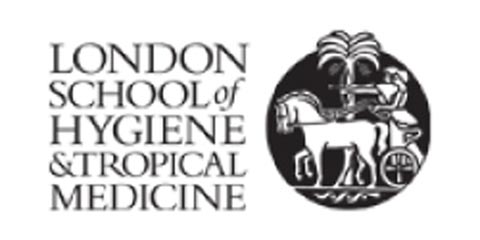WASH and Disability project, Rumphi, Malawi
2014 - 2016 • London School of Hygiene and Tropical Medicine (LSHTM)
Purpose
Developing tools for assessing WASH access for people with disabilities, generating data on the prevalence and nature of WASH access problems, providing guidance on some aspects of potential mitigation strategies
Activities
The London School of Hygiene and Tropical Medicine (LSHTM) has a research grant from AusAID for a project work on WASH access for people with disabilities in Bangladesh and Malawi. The aims of the project are i) to develop tools for assessing WASH access for people with disabilities ii) to generate data on the prevalence and nature of WASH access problems for people with disabilities and iii) to provide guidance on some aspects of potential mitigation strategies. Additionally the project has a communication and engagement component to engage and inform stakeholders about the project process and findings.
The overall research strategy is to carry out data collection in the context of an intervention to improve the inclusiveness of WASH programmes.
Over the last few months, observations of standard CLTS (community-led total sanitation), including pre-triggering, triggering and follow-up, were documented by researchers from Mzuzu University Centre of Excellence in Water and Sanitation.
The next phase involves observations of this new CLTS with inclusive WASH programming, including pre-triggering, triggering and follow-up, to again be documented by researchers from Mzuzu University Centre of Excellence in Water and Sanitation and further comparison to standard CLTS.
New publications in June 2018:
Biran, A., Danquah, L., Chunga, J., Schmidt, W., Holm, R., Itimu-Phiri, A., Singini, W., Jones, H., Kuper, H. and White, S. A Cluster-Randomized Trial to Evaluate the Impact of an Inclusive, Community-Led Total Sanitation Intervention on Sanitation Access for People with Disabilities in Malawi. The American Journal of Tropical Medicine and Hygiene, 2018, 98(4), pages 984-994. DOI: 10.4269/ajtmh.17-0435 https://www.ajtmh.org/content/journals/10.4269/ajtmh.17-0435
Zaunda, H, Holm, R. H., Itimu-Phiri, A., Malota, M. and White, S. A qualitative assessment of disability friendly water and sanitation facilities in primary schools, Rumphi, Malawi. Development Southern Africa, 2018. DOI: 10.1080/0376835X.2018.1461610 https://www.tandfonline.com/eprint/MxSQ9tmzmyFHTnhDep6S/full
White, S., Kuper, H., Itimu-Phiri, A., Holm, R. and Biran, A. A qualitative study of barriers to accessing water, sanitation and hygiene for disabled people in Malawi. PLoS ONE, 2016, 11(5), e0155043. DOI:10.1371/journal.pone.0155043 http://journals.plos.org/plosone/article?id=10.1371/journal.pone.0155043
New publication in May 2020
Kayoka, C., Itimu-Phiri, A. Biran, A. and Holm, R. H. Lasting results: A qualitative assessment of efforts to make community-led total sanitation more inclusive of the needs of people with disabilities in Rumphi District, Malawi. Disability and Health Journal, 2019, 12, pages 718–721. DOI: 10.1016/j.dhjo.2019.05.007 https://www.sciencedirect.com/science/article/abs/pii/S1936657419301001?via%3Dihub#
Countries of activity
Location of main activity
Further information
Partners:
In Malawi the project is a collaboration between LSHTM (UK), IRC (Netherlands), WEDC, University of Loughborough (UK), Centre for Social Research at University of Malawi (Malawi), Mzuzu University Centre for Excellence in Water and Sanitation (Malawi).
Filter tags
Australian government Behaviour change Community sanitation Enabling environment and institutional strengthening Health and hygiene Rural Rural areas Specific to one or several countries Sub-Saharan Africa University, education or research institution
Links

Uploaded by:
Elisabeth von Muench (Elisabeth)















